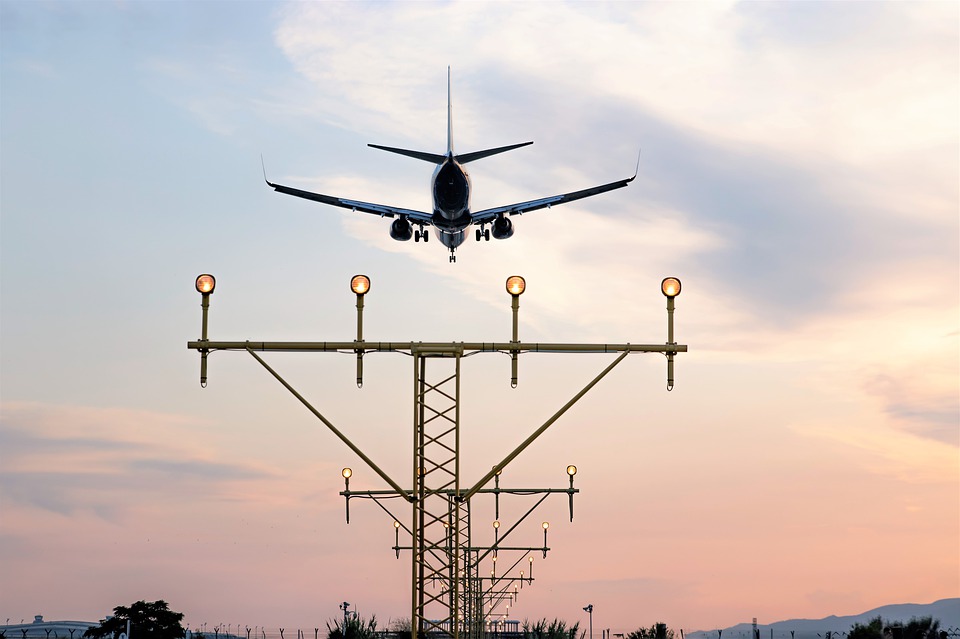30 Mar 2020
North America Newsletter 30 March
CARES Act Passage Applauded, But Details Carry Pitfalls
Passage of the $2.2 trillion Coronavirus Aid, Relief, and Economic Security (CARES) Act by the U.S. House of Representatives will almost surely secure President Donald Trump’s signature, but how much of the funds go to each individual airline and aerospace company and under what conditions remains a matter for the Treasury Department to decide. Each company must still apply for its portion of the guaranteed loans and grants, and whether or not the government requires equity stakes as a condition of the aid might well prove a determining factor in how it gets distributed. The bill, which passed the Senate unanimously and the House by voice vote, sets aside $25 billion in loans for commercial air carriers and another $25 billion in grants for employee compensation. Another $4 billion in loans and $4 billion in grants go to the country’s cargo carriers.
C&L Earns Transport Canada Approval for Commercial Mx
C&L Aviation Service, a unit of Bangor, Maine-based C&L Aerospace Group, has been awarded Transport Canada Civil Aviation (TCCA) approval for maintenance services on commercial aircraft registered in Canada. Depot-level maintenance is performed by C&L Aviation Service from its FAA and European Union Aviation Safety Agency approved 140,000-sq-ft Part 145 facility in Bangor.
EC Decision on Embraer-Boeing Deal Extends to at Least June
Embraer expects a further delay in the approval by the European Commission of the sale of 80 percent of its commercial aircraft business to Boeing until at least 23 June, company executives reported during a full-year 2019 earnings call with securities analysts last week. Noting that Embraer completed the so-called carve-out of its commercial business in January, Embraer CEO Francisco Gomes Neto insisted that the deal remains a top priority for the company despite the effects of the Covid-19 crisis.
FAA Provides Relief from Part 135 Currency Mandates
The FAA has issued four exemptions from certain recurrent and training requirements that are designed to ensure that Part 135 operators can continue to fly during the Covid-19 crisis. Coming at the request of industry groups including the National Air Transportation Association and Airlines for America and backed by NBAA, the exemptions were issued on March 25 without publication in the Federal Register. “There is good cause not to publish a summary…because delaying action on the petition would have an adverse and potentially immediate impact on the petitioner’s ability to ensure continuity of critical aviation operations essential to the public interest,” the agency said. In effect to 31 May, the exemptions apply to most Part 135 operators, NBAA said. Two of the exemptions—one covering Part 135 and another Part 119 (including some Part 135)—are from requirements that crewmembers don protective breathing equipment or oxygen masks during recurrent and upgrade training, testing, and checking.
StandardAero Launches Engine Exchange Program
StandardAero has launched a program that in effect will keep older turbofan-powered business aircraft flying longer, especially those aircraft whose overall values make it almost cost-prohibitive to do a complete engine overhaul. The Scottsdale, Arizona-based MRO provider’s engine exchange program lets aircraft owners exchange their engines or purchase replacement engines with less flight time to extend the life of their aircraft.
Acumen Aviation © 30 March 2020 All Rights Reserved.









